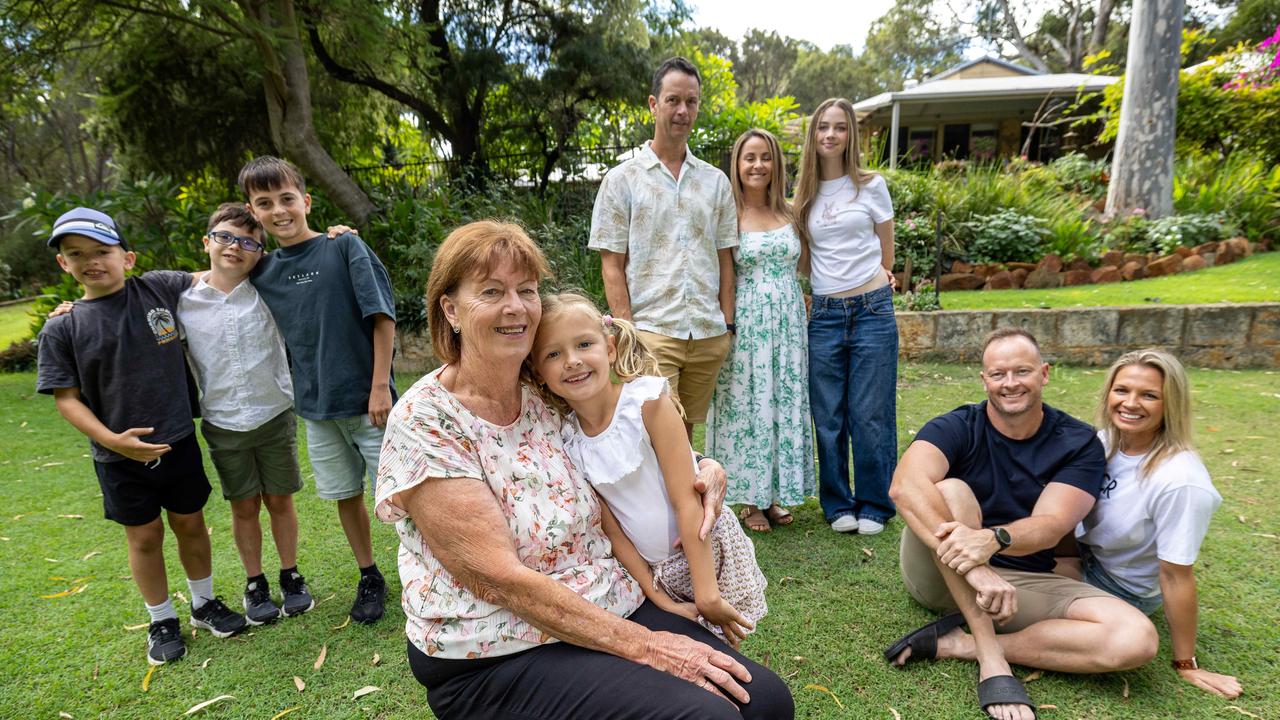Local legends caught on flight to nowhere
WITH a market of just 22 million people, many Aussie companies reach a time of life where maturity hits and growth is but a fading memory.
WITH a market of just 22 million people, many Aussie companies reach a time of life where maturity hits and growth is but a fading memory. Of course, millions can be made in getting to that point but, once it is reached, what's in it for shareholders?
At Montgomery, we focus on businesses with a high and growing return on equity and a strong balance sheet. And investors have been well rewarded when we bought business such as Seek, Carsales and Webjet. Equally exciting returns could have been generated buying REA Group, Wotif.com and Trade Me.
A portfolio equally weighted across these six stocks would have delivered a capital gain of 145 per cent over five years to February 28. That is an average annual compounded growth rate exceeding 20 per cent and it is particularly impressive when the start date was the eve of the GFC.
Recently, we have attended several post-result reviews and in the case of two of these online businesses, Wotif and Webjet, we are wondering if their domestic growth profile has peaked. Can they replicate themselves overseas, the way Seek and REA are doing?
Wotif sells one in 10 accommodation room nights in Australia. Its total transaction value (TTV) is approaching $1.2 billion. The revenue line of Wotif, with some recently announced rate increases, should approximate 12.5 per cent of TTV or $145 million for this year. But, in the six months to December, TTV was steady at $595m and revenue was down by 1 per cent. Moreover, higher expenses led to a 5 per cent reduction in net profit to $27.5m.
In the six months to December, Wotif sold 3.5 million room nights. Over the past 8 1/2 years, the average number of room nights sold has been 3.49 million. That means domestic volume growth for Wotif is non-existent. Despite a forecast annual return on average equity of 57.5 per cent and net cash of $146m after income tax liabilities, the lack of domestic growth makes us somewhat underwhelmed, as does the 20-times prospective PE Wotif is selling on.
Wotif recently appointed Scott Blume as chief executive, replacing Robbie Cook, who moved to Tatts with a brief to expand its online operations.
Over at Webjet, there are the same concerns. After growing its TTV by 30 per cent to $768m in the year to June last year, Webjet recorded a severe deceleration, and year-on-year growth in the December half-year was only 3 per cent to $380m. This included a 7 per cent increase in booking numbers and unit price deflation of 4 to 5 per cent. Company revenue was $32m or 8.4 per cent of TTV.
The good news for Webjet is chief executive John Guscichas been busy trying to transform the traditional online flight business with a push into higher-margin hotel accommodation, packages and related offshore offerings.
The recently announced acquisition of Zuji for $US25m is expected to deliver annualised TTV and revenue exceeding $300m and $31m, respectively. Zuji should complement Webjet's offering with its strong online positioning in Singaporean and Hong Kong air travel, hotel and packages.
While there are many moving parts, the net profit forecast for Webjet places the company on a prospective PE of 18X.
While Montgomery likes the forecast return on average shareholders' funds of 31 per cent and the net cash position at December of $53m (although we don't understand why a $25m capital raising at $3.60 per share was required in December), we are again underwhelmed by the valuation given the disappointing recent growth in TTV. Time will tell if Webjet can become successful with the transformation into the higher-margin hotel, packaged deal and offshore offerings.
But, like Wotif, any disappointment and the share price could tumble.
Montgomery Investment Management owns shares in Seek Limited (SEK). Roger Montgomery is the author of Value.able: How to Value the Best Stocks and Buy Them for Less Than They're Worth, available at www.rogermontgomery.com



